In order to promote the peaceful use of nuclear explosions, the former Soviet Union formulated the plan for the peaceful use of nuclear explosions. One day in 1965, the former Soviet Union used a nuclear bomb of 140000 tons of TNT equivalent and placed it on the dry river of chagon river. After successful detonation, it blew up an artificial lake with a depth of 100 meters, a diameter of 430 meters and a capacity of 20 million cubic meters.
56 years ago, fighting nations used nuclear bombs to build an artificial lake with the strongest radioactivity. How is it now
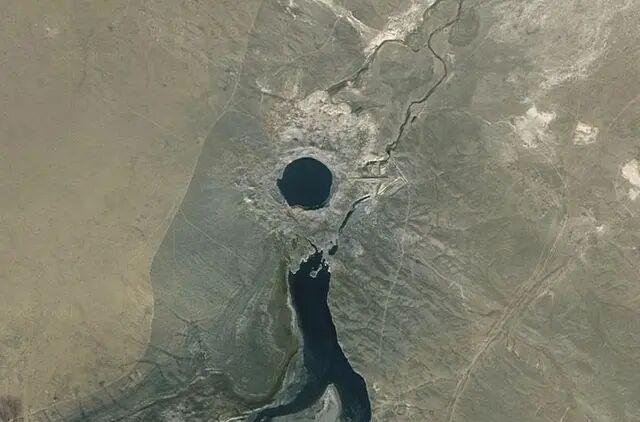
At that time, the former Soviet Union mainly wanted to build reservoirs in arid areas to solve the problem of water use in industrial areas and rural areas. However, as a fighting nation, explosive bombing was certainly not allowed. In addition to the peaceful use of nuclear explosion program at that time, nuclear bombs became the most perfect choice.
In the chagang river beach area of Semipalatinsk state, a nuclear device was placed in a 178 meter deep hole in the chagang river bed. When detonated, a 4800 meter high mushroom cloud was generated and a 430 meter wide and 100 meter deep funnel-shaped reservoir was blasted. Soon, the Soviet Union diverted water to this reservoir that could hold 8 million tons of water, forming an artificial lake.
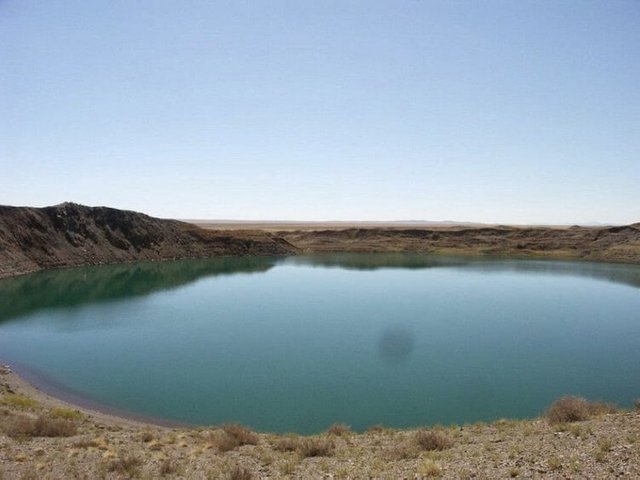
56 years ago, fighting nations used nuclear bombs to build an artificial lake with the strongest radioactivity. How is it now
The plan is an idea borrowed from the "plowshare operation" of the United States. The former Soviet Union conducted its own tests for similar purposes and called their plan the "peaceful use of nuclear explosions plan". 56 years ago, fighting nations used nuclear bombs to build an artificial lake with the strongest radioactivity. How is it now?
The United States stopped the test after 27 tests in 1977. After they determined that the test would not be effective, the Soviets continued the test until 1989. The Soviets conducted 456 tests before abandoning the plan.
The water of chagang lake is polluted, and its radioactivity level is almost 100 times that of the allowable drinking water. It is conceivable that there are no fish, wild animals and birds in the lake, and the water often emits a disgusting smell. For these reasons, Lake chagon is not allowed to swim, and there is evidence that the lake water is flowing into the Ertis river.
56 years ago, fighting nations used nuclear bombs to build an artificial lake with the strongest radioactivity. How is it now
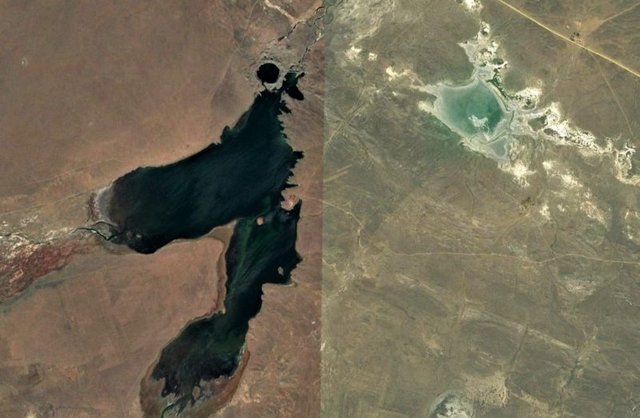
In the early days of Lake building, the former Soviet government was proud of chagang lake. In order to dispel the people's concerns, slavsky, the former Soviet atomic energy minister, jumped naked into the lake without any protective clothing. Surprisingly, slavsky lived to 93 years old and died of illness in Moscow on November 28, 1991. At the same time, the former Soviet government also made a film to publicize that the lake water is safe.
56 years ago, fighting nations used nuclear bombs to build an artificial lake with the strongest radioactivity. How is it now
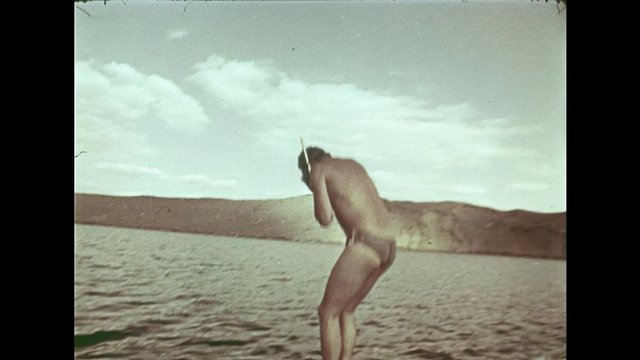
But this is not the case. Today, 56 years later, its harm still exists. It is estimated that about 20% of the radioactive products produced by the chagang test fled the explosion zone and were detected over Japan. This annoyed the United States government because it violated the Comprehensive Nuclear Test Ban Treaty of October 1963, which prohibited atmospheric tests. The Soviets replied that this was an underground test, and the amount of radioactive debris escaping into the atmosphere was insignificant. After several interactions, he finally gave up the matter.
56 years ago, fighting nations used nuclear bombs to build an artificial lake with the strongest radioactivity. How is it now
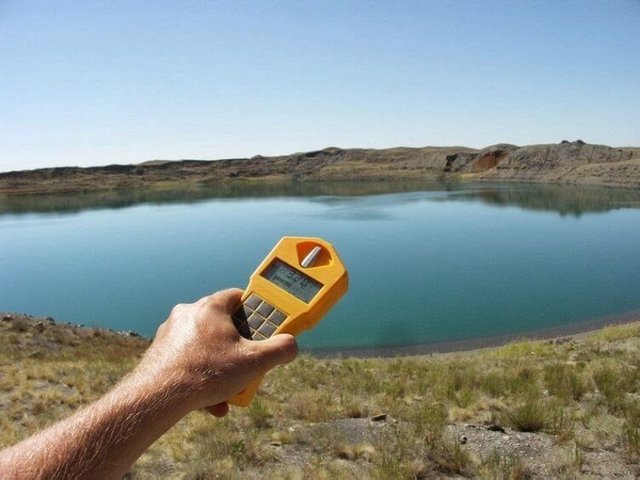
Although the atomic lake has radiation risks, today's chagang lake, like the Chernobyl restricted area, is a place attracting tourists from all over the world, but it must wear protective clothing and masks, because it is unknown whether it can be used normally.